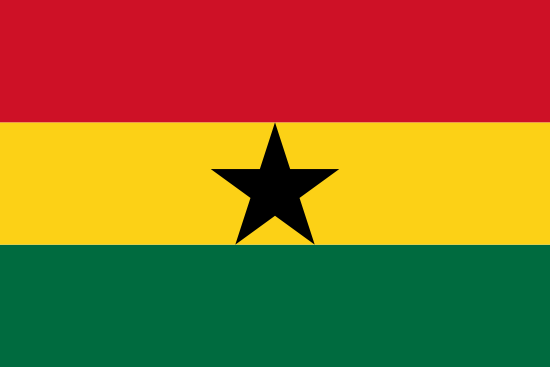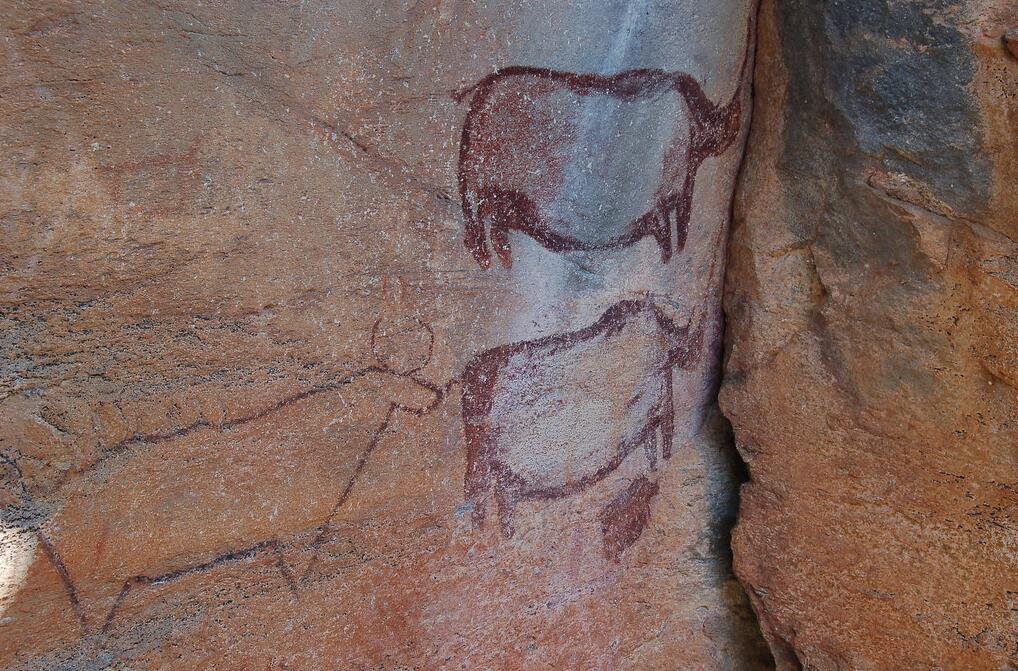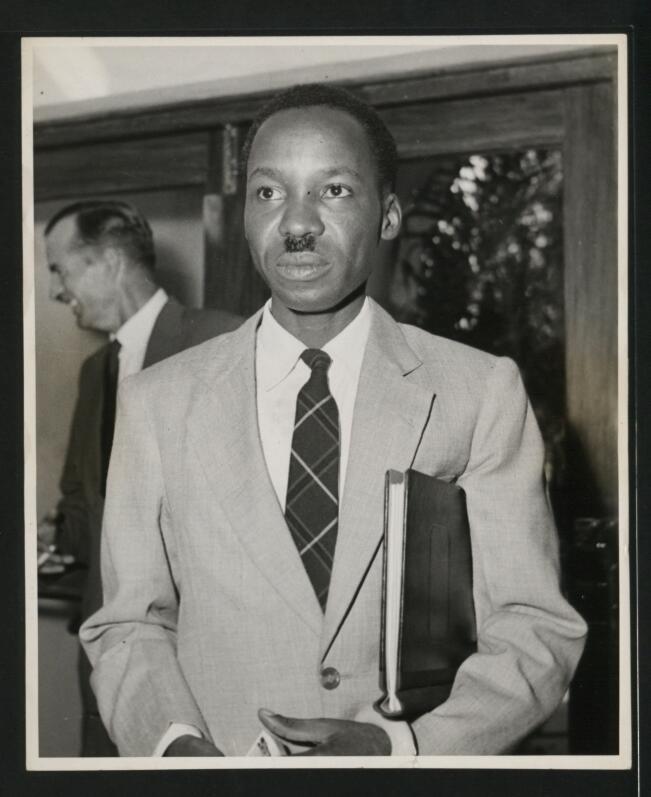Ghana Overview
Ghana is located in West Africa on the Gulf of Guinea, bordering Burkina Faso, Ivory Coast and Togo. In the country is Lake Volta, Lake The World’s Largest Artificial Lake.
| Capital: | Accra |
| Biggest city: | Accra |
| State: | republic |
| Language: | English |
| Religion: | Christianity, indigenous religions, Islam |
| Surface: | 238 460 km |
| Population: | 26.1 million (2013) |
| Population density: | 100 residents per km² |
| Life expectancy: | 60 years |
| Illiteracy: | 42% |
| Currency: | cedi (GHC) |
| GDP per capita: | $ 1,600 (2010) |
| Time difference: | -1 hour |
| Electricity: | 220 V AC, 50Hz |
| National Day: | 6 March |
| Country area code: | 233 |
| 2-Letter country abbreviation: | GH (See more abbreviations on Abbreviationfinder) |
| Business: | agriculture 59%, service sector 30%, industry 11% |
| Climate: | tropical; hot and dry on the southeast coast; hot with high humidity in the southwest; hot and dry in the north |

The history of Ghana before the end of the 15th century is mainly derived from oral tradition referring to migrations from the ancient kingdoms of the Western Sahel, present-day Mauritania and Mali. The first contact with Europeans took place in the late 15th century when Portuguese seafarers arrived in the region. European trading posts for, among other things, the slave trade began to be established at the end of the 16th century. The Swedish African Company established the colony of Cabo Corso in 1650, which was conquered by Denmark in 1658. From the end of the 17th century, Britain and the Netherlands accounted for most of the trade in the area.
At the end of the 17th century, the Ashanti Empire was founded inland, previously controlled by Denkyira. This was suppressed by Britain only in the 1890s. In 1874, the British colony of the Gold Coast was founded and expanded in 1901 with Ashanti and the Northern Territories.
In 1957, the former British colony of the Gold Coast and the territory of Togoland merged to become Ghana. It was the first country in colonial Africa to become independent. Ghana got its name from the Ghanaian kingdom, a kingdom that flourished in West Africa between about 700 and 1076. However, this kingdom did not include present-day Ghana but was further north. The country’s first president, Kwame Nkrumah, banned all opposition parties in 1964, imprisoned the country’s critics of the regime and aligned himself with the communist bloc. Nkrumah was deposed in a military coup as early as 1966, but it was not until 1992 that a constitution was adopted allowing several political parties.
WORLD HERITAGE
The following objects in Ghana are listed as a UNESCO World Heritage Site.
The year in which the item was added to the list is indicated in parentheses.
- Castles and fortifications in Accra (1979)
- Traditional buildings in Ashanti (1980)
ELECTRICAL OUTLET
Electricity and electrical outlets in Ghana
Voltage: 230 V
Frequency: 50 Hz
Type of plug: D, G
Need an adapter: Yes, Swedes need an adapter.
CLIMATE AND WEATHER
Weather in Accra
| Climate | Jan | Feb | Mar | Apr | May | Jun | Christmas | Aug | Sep | Oct | Nov | Dec |
| Average temperature °C | 27 | 28 | 28 | 28 | 27 | 26 | 25 | 24 | 25 | 26 | 27 | 27 |
| Day °C | 30 | 31 | 31 | 31 | 29 | 28 | 27 | 26 | 27 | 29 | 30 | 30 |
| Night °C | 24 | 25 | 25 | 25 | 24 | 23 | 23 | 22 | 23 | 23 | 24 | 24 |

Accra
According to Countryaah, Accra is the capital of Ghana, and has 1.6 million residents (2000). The city is located on the Gulf of Guinea in the area that during colonial times was called the Gold Coast. It is the country’s administrative and financial center.
Kumasi
Kumasi is the second largest city in Ghana, with 1.5 million residents (2005). The city is referred to as “The Garden City” due to the varied flora of the area. Kumasi is located in the central part of the country, about 250 km from the capital Accra.
Kumasi has West Africa’s largest market, with around 10,000 stalls and stalls. About 32 kilometers southeast of Kumasi is Lake Bosumtwi, the largest natural lake in Ghana.


